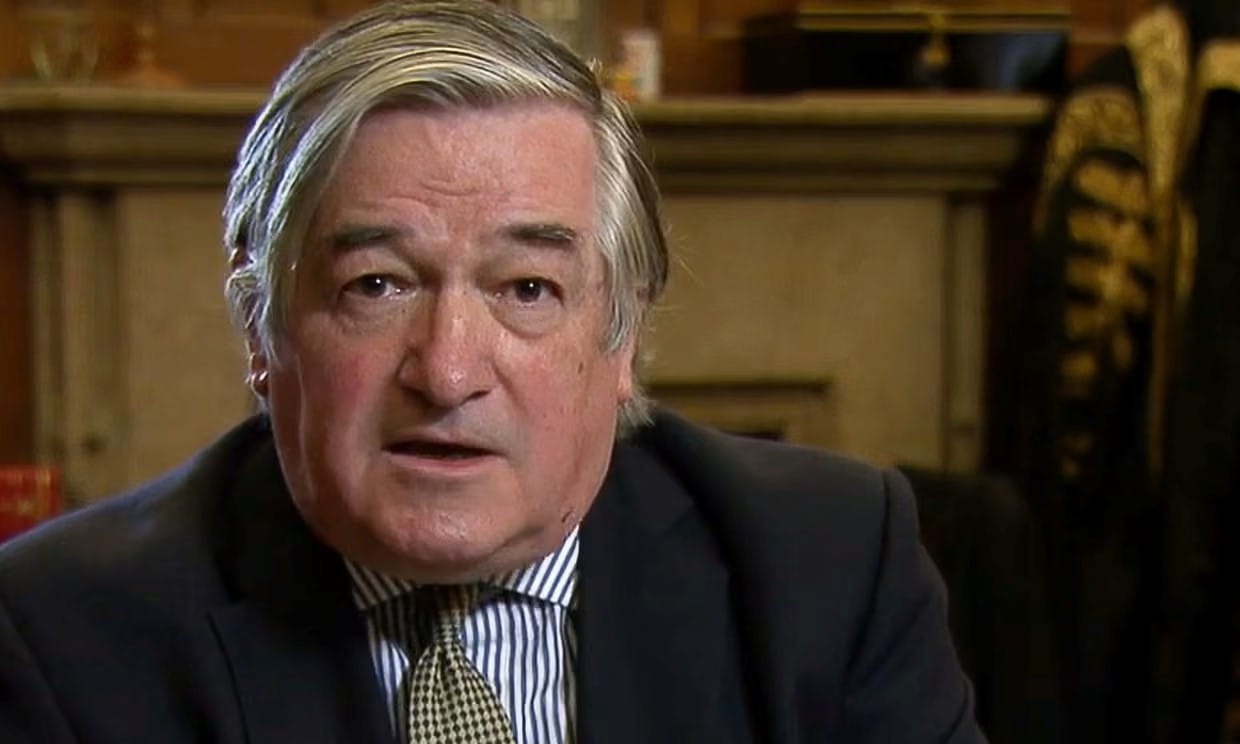M & R (Children) (Refusal of Legal Aid Costs) [2025] EWFC 299 (B)
Mr Recorder O’Grady. Judgment in private law Children Act 1989 proceedings which addresses how to properly prepare witness statement evidence on behalf of a non-English speaking party.
Judgment date: 22 September 2025
https://caselaw.nationalarchives.gov.uk/ewfc/b/2025/299
Mr Recorder O’Grady. Judgment in private law Children Act 1989 proceedings which addresses how to properly prepare witness statement evidence on behalf of a non-English speaking party.
Background
Mr Recorder O’Grady adjourned a fact-finding hearing in private children law proceedings after determining that the mother’s witness statement had been improperly prepared by her solicitors. The court also directed the mother’s solicitors show cause as to why their costs, claimed under her legal aid certificate, should not be disallowed. Upon evidence from the mother's solicitors being considered, the court disallowed some of their costs claimed.
The applicant mother in these proceedings communicates in Urdu and does not speak English. A document written in English was advanced by her solicitors as her witness statement at a previous hearing; [12]. The witness statement was not signed by the mother, contrary to FPR 22.4, and was not accompanied by a statement of truth, contrary to FPR PD 22A para 6.4; [19].
The court was told by the mother’s counsel at the hearing that: her witness statement was not prepared in Urdu; an interpreter had never gone through the document with the mother; the first time the mother saw a version of the statement not in English was a week preceding the hearing (albeit the document was prepared a year earlier); the interpreter at court considered it a very poorly translated document; and that it did not reflect the mother’s case; [24]. The mother sought to adjourn the hearing to file fresh evidence which was consistent with her case. It became apparent that the mother’s case alleged more serious harm than previously understood by the court; [25]. The father opposed an adjournment; [26].
Law
Recorder O’Grady noted that the approach to preparing written evidence from witnesses who do not speak English was set out by Peter Jackson J. (as he then was) in the case of NN v ZZ & Others [2013] EWHC 2261 (Fam) at [60]. The 'basic principles’ recorded were as follows:
‘(1) An affidavit or statement by a non-English-speaking witness must be prepared in the witness's own language before being translated into English. This is implicit from Practice Direction 22A of the Family Procedure Rules 2010, paragraph 8.2 of which states that:
“Where the affidavit/statement is in a foreign language –
(a) the party wishing to rely on it must –
(i) have it translated; and
(ii) must file the foreign language affidavit/statement with the court; and
(b) the translator must sign the translation to certify that it is accurate.”
(2) There must be clarity about the process by which a statement has been created. In all cases, the statement should contain an explanation of the process by which it has been taken: for example, face-to-face, over the telephone, by Skype or based on a document written in the witness's own language.
(3) If a solicitor has been instructed by the litigant, s/he should be fully involved in the process and should not subcontract it to the client.
(4) If presented with a statement in English from a witness who cannot read or speak English, the solicitor should question its provenance and not simply use the document as a proof of evidence.
(5) The witness should be spoken to wherever possible, using an interpreter, and a draft statement should be prepared in the native language for them to read and sign. If the solicitor is fluent in the foreign language then it is permissible for him/her to act in the role of the interpreter. However, this must be made clear either within the body of the statement or in a separate affidavit.
(6) A litigant in person should where possible use a certified interpreter when preparing a witness statement.
(7) If the witness cannot read or write in their own native language, the interpreter must carefully read the statement to the witness in his/her own language and set this out in the translator's jurat or affidavit, using the words provided by Annexes 1 or 2 to the Practice Direction.
(8) Once the statement has been completed and signed in the native language, it should be translated by a certified translator who should then either sign a jurat confirming the translation or provide a short affidavit confirming that s/he has faithfully translated the statement.
(9) If a witness is to give live evidence either in person or by video-link, a copy of the original statement in the witness's own language and the English translation should be provided to them well in advance of the hearing.
(10) If a statement has been obtained and prepared abroad in compliance with the relevant country's laws, a certified translation of that statement must be filed together with the original document.’
Outcome
The mother’s witness statement was prepared contrary to this guidance and not compliant with court rules, and this compromised the fairness of litigation for the mother; [28]. Recorder O’Grady weighed up the importance of the court adjudicating allegations made by the mother properly, with the injustice of further delay on the father (who had not seen the parties’ children in years). It determined an adjournment was necessary in the interest of justice; the harm to the father and the children caused by a delay was outweighed by the harm to the children’s interests in not fairly adjudicating the allegations made; [30].
Costs
The court also ordered that the mother’s solicitors show cause as to why the court should not refuse to allow certain costs charged to the mother’s legal aid certificate; [31]. Cartwright King Solicitors thereby provided documentary evidence which purportedly showed that the mother had instructed the witness statement to be prepared in English and that the statement was read out to the mother on a remote hearing in which the mother made amendments to the statement and approved it. However, Cartwright King Solicitors did concede that certain costs should not be allowed, which the court took as a concession that its conduct was unreasonable; [43].
Recorder O’Grady found, inter alia, that the failure to comply with Jackson J’s basic principles and FPR 22, and in not alerting the court to these matters itself, meant the costs of £625.86 should not be allowed; [44]–[46]. This was, in the circumstances, a modest cost compared to the prejudice caused to the father and the waste of court resources; [47]. The judgment is a reminder of the correct procedure for preparing documents when dealing with non-English speaking clients.





